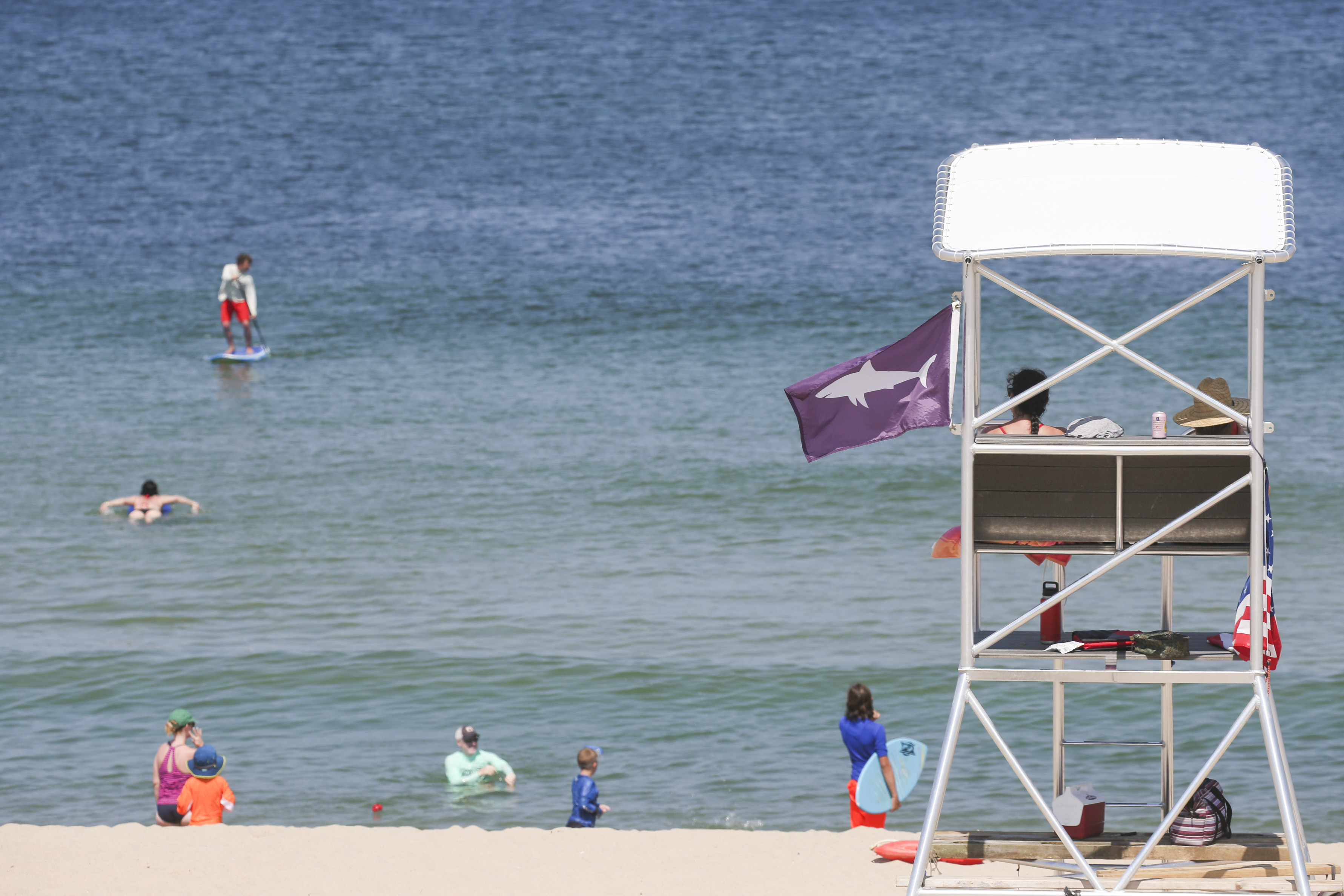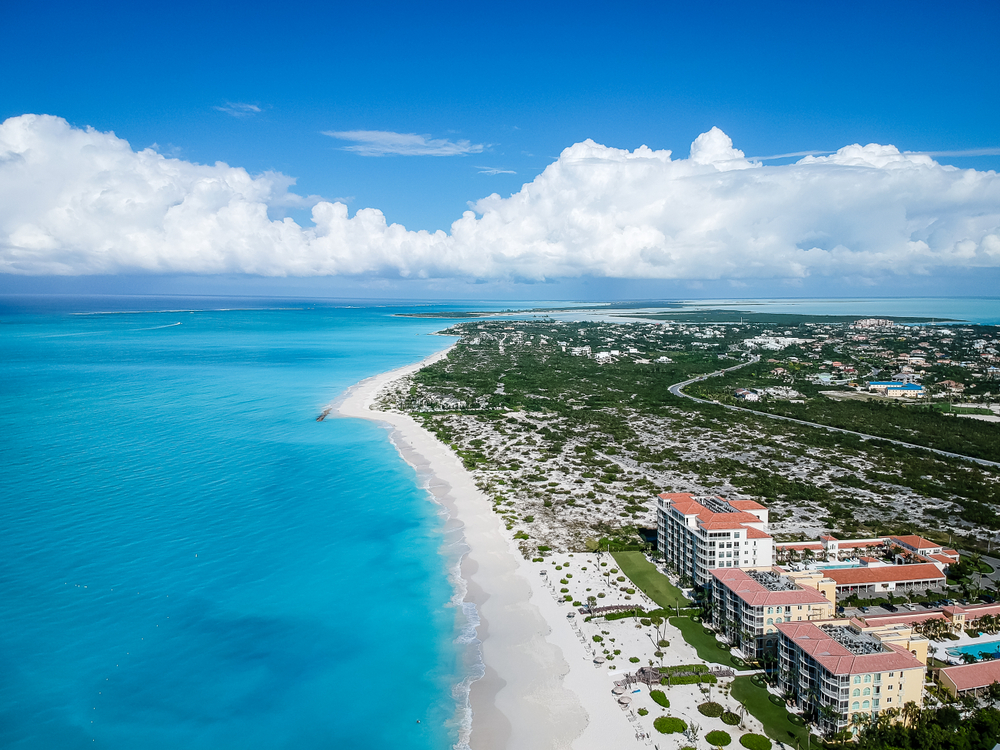Roger Freeman remembers it like it was yesterday: A great white shark swimming right next to him a few summers ago while he was paddleboarding off Nauset Beach.
"Ironically, to this day, if you Google 'paddleboarder,' you will get lots of hits," Freeman said with a laugh.
WATCH ANYTIME FOR FREE
Stream NBC10 Boston news for free, 24/7, wherever you are. |
Freeman said he had no idea at the time, but it turns out, he is not alone. A new study out of California has found that humans and sharks come in close contact more than anyone thought.
"In some ways, it was comforting in knowing I wasn't the only one," Freeman said.
Get updates on what's happening in Boston to your inbox. Sign up for our News Headlines newsletter.
Scientists at California State University Long Beach used drones to track encounters during a two-year period.
Dr. Chris Lowe, a Martha's Vineyard native, led the study.
"What was shocking was just how often juvenile white sharks are by surfers and swimmers," Lowe said Tuesday.
The study used 1,500 drone flights to track encounters, finding juvenile great white sharks coming close to swimmers and surfers without anyone really noticing.
Lowe adds that lessons learned off the beaches of California can be applied in New England.
"We go into the water a lot, we assume that there aren't sharks around because we don't see them, but that doesn't mean they are not there," Lowe said.
More on sharks
New England beaches see more adult great white sharks in search of seals, which isn't as big of an issue in California.
Lowe says when it comes to sharks, it is always a good idea to keep an eye out.
"Obviously with a big adult white shark that is trying to feed on seal, that is about the same size as a person, we would need to be more careful to make sure the shark doesn't make a mistake," he said.
For Freeman, the study is reinforcing what he already knew.
"I pick my spots, and I haven't been back to Nauset, in part because one close encounter is enough for me," he said.



